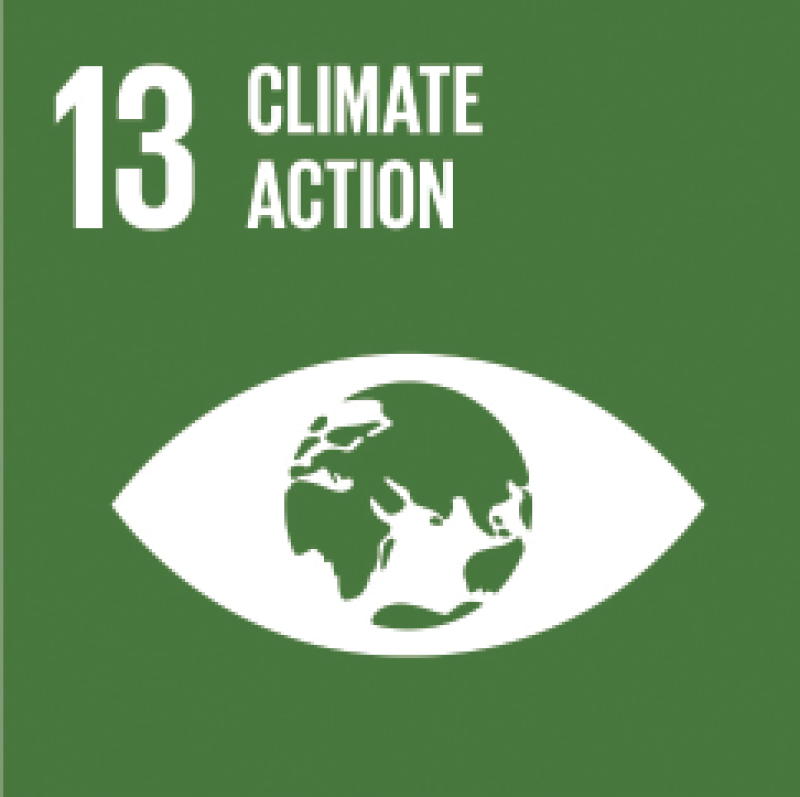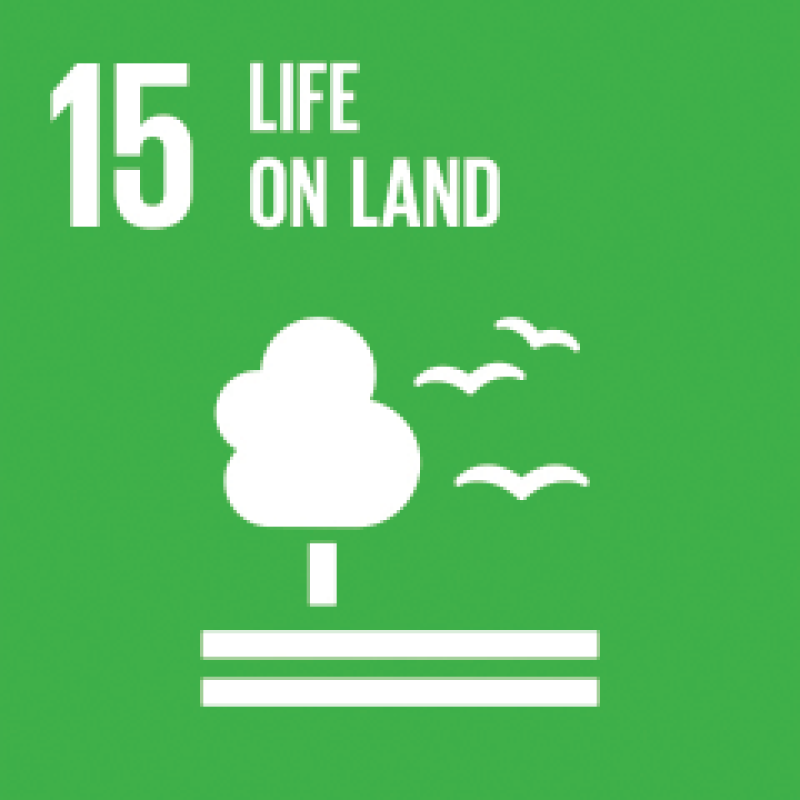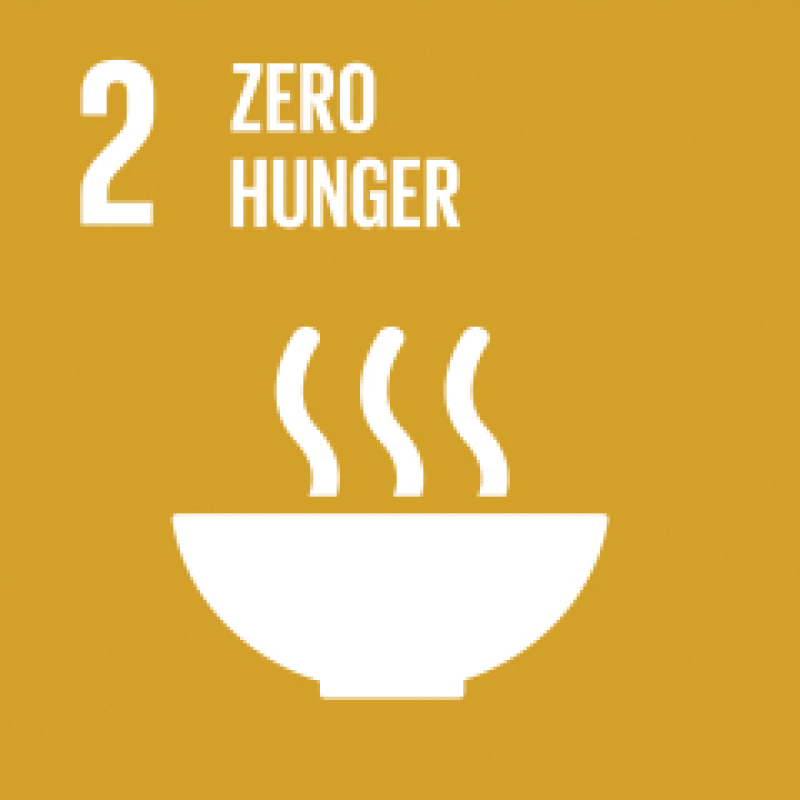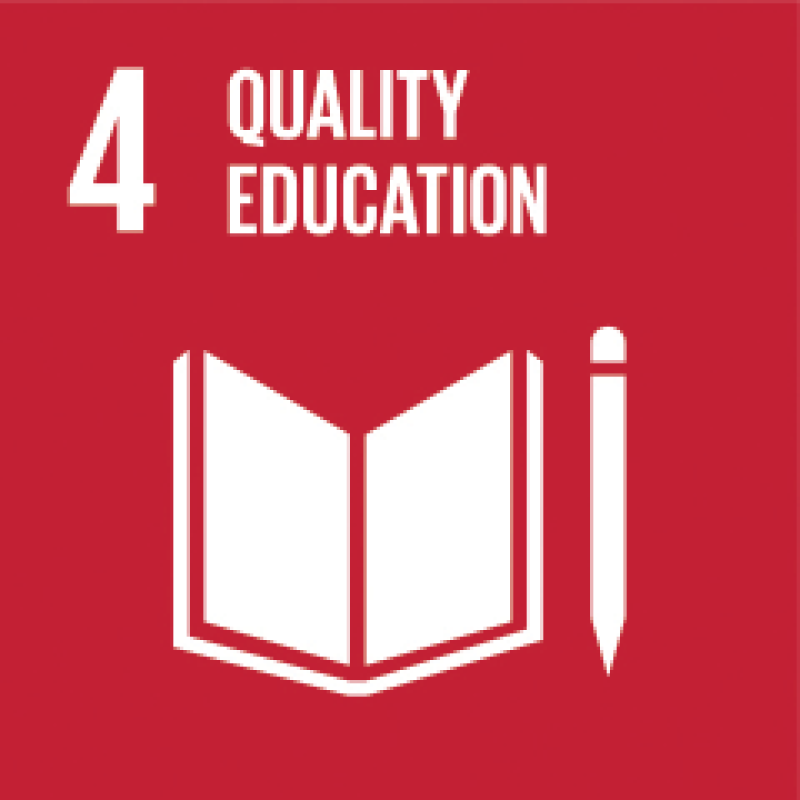




Tanguy Claquin is different to most bankers in the green bond market. Before joining Crédit Agricole CIB in the 1990s, where he is now head of sustainable banking, Claquin was a climate scientist with a background in atmospheric physics.
“As far back as 1994 I realized that climate change was a very important topic and spent many years studying it,” he says.
It was specifically green finance that Claquin saw as being a tool for combating climate change; and some banks were looking to hire climate specialists to trade their weather books.
“They thought they could teach a few of us climate scientists to trade a derivative, and they were right,” says Claquin, who joined the banking industry to trade catastrophe bonds and weather derivatives.
It was later, in 2008, that the idea to include climate change more formally in discussions with investors and clients came to Claquin. He had then joined Crédit Agricole CIB, where climate was a natural part of the make-up. It is the investment bank of the cooperative group whose members were originally France’s agricultural banks. As the third largest bank in Europe, where Crédit Agricole puts its resources matters.
Claquin was given the freedom to start a small business unit.
“We began with smaller scale projects: a private equity fund to do reforestation and agri-forestry projects in India and Africa, and mandates around accessing clean energy in developing countries,” he says.
But green bonds were starting to be discussed more. The World Bank and the EIB had recently launched the first climate-related and green bonds. And although green bonds had been the realm of development banks, other issuers were beginning to be interested.
In 2012, Crédit Agricole CIB helped lead the first green bond outside a development bank – for French local authority, Île-de-France. Electricité de France’s €1.4 billion green bond followed and Crédit Agricole issued its own green bond – the first investment bank to do so.
With his technical expertise and his work in developing green finance at Crédit Agricole CIB, Claquin was invited to draft the Green Bond Principles alongside Citi’s Mike Eckhart, Bank of America Merrill Lynch’s Suzanne Buchta and Marilyn Ceci at JPMorgan. He was the only European at the table.
“It wasn’t obvious in 2013 that Europe would play a key role in the development of the market,” says Claquin. “But we have a deep and diversified green investor base, and most of the large European corporate issuers have a willingness to demonstrate they are finding solutions to climate change.”
If we are saying something is ‘green,’ we have to say what isn’t. So far, we’ve avoided that kind of discussion in finance - Tanguy Claquin
By region, Europe is the largest issuer of green bonds – with issuance volume more than five times that of the US.
Globally, Crédit Agricole has led more green bond issues than any other bank, and consistently ranks in first or second place in the league tables for green bonds. It also led France’s €7 billion issue that opened up the sovereign green bond market.
Now Claquin’s team is 12 strong, spread across the globe – including others with climate science backgrounds. They advise clients and investors in every part of the firm’s business. That technical view is crucial, he says, in terms of convincing clients and investors to consider climate change as a risk. Indeed, conversations with Claquin about climate change are sobering.
“Sadly, most of humanity doesn’t realize it’s already too late,” he says. “The world in 2050 is going to be very different, and there will be places that are not pleasant to live in. The social consequences will be huge. Air and water quality is already a challenge – and that will worsen. This is really a war that everybody should focus on.”
Despite his technical knowledge, Claquin considers himself today first and foremost an investment banker.
“I love my job, and if I’m good at it we can grow the green finance market and help influence the flow of capital that will help to slow the pace of climate change or provide solutions for its outcome,” he says.
Despite the severity of the challenges, Claquin is optimistic.
“There’s a willingness, although finance alone cannot help: $100 billion of green bonds or even double or triple that amount cannot make a large impact when administrations are rolling back environmental policy. We need their support.”
While that support cannot be expected from the US, or now Australia, the European Union is pushing ahead. Claquin is part of the technical expert group on sustainable finance at the European Commission that is developing an EU green bond standard and its taxonomy – defining what economic activity is environmentally sustainable.
“It’s my dream that we clearly define what is ‘green’. It would help and incentivize asset owners and asset managers, and could accelerate an environmental movement,” he says.
The challenge, says Claquin, is that policy change may be slow in coming.
“ If we are saying something is ‘green,’ we have to say what isn’t. So far, we’ve avoided that kind of discussion in finance – it’s green bonds and everything else – but with definitions, some administrations might feel their industries threatened. I hope we are successful, but it is still early.”
UN Sustainable Development Goals: The keys to responsible banking?
These are the areas that the United Nations says banks need to consider when accepting their responsibilities in shaping and financing a sustainable future.


















See more impact banking champions

